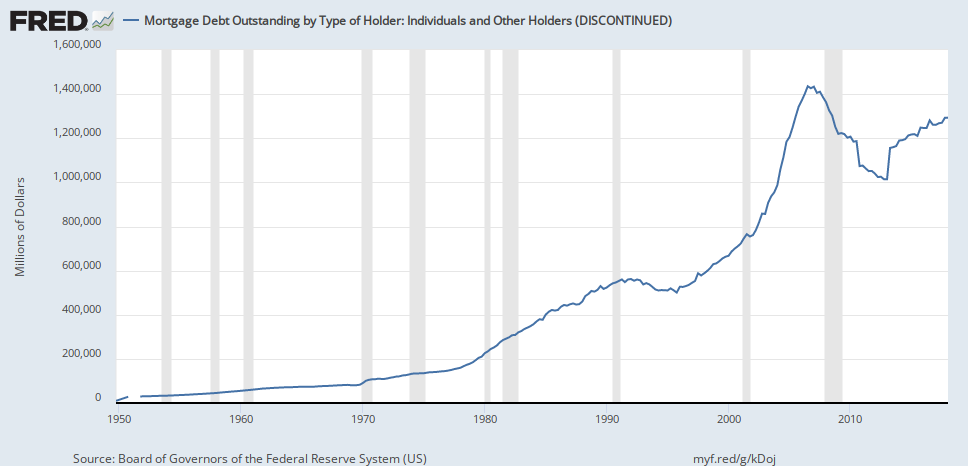- Joined
- Jun 3, 2009
- Messages
- 30,870
- Reaction score
- 4,246
- Gender
- Male
- Political Leaning
- Very Conservative
But rural areas have always been cheaper, so something has changed and should be fixed.It isn't as bad nationwide, it is mainly metro areas and outside of larger cities. Rural areas aren't near as bad because there is generally more supply than demand (less regulation and fewer people).
Sent from my HTC phone. Instaurare omnia in Christo.

